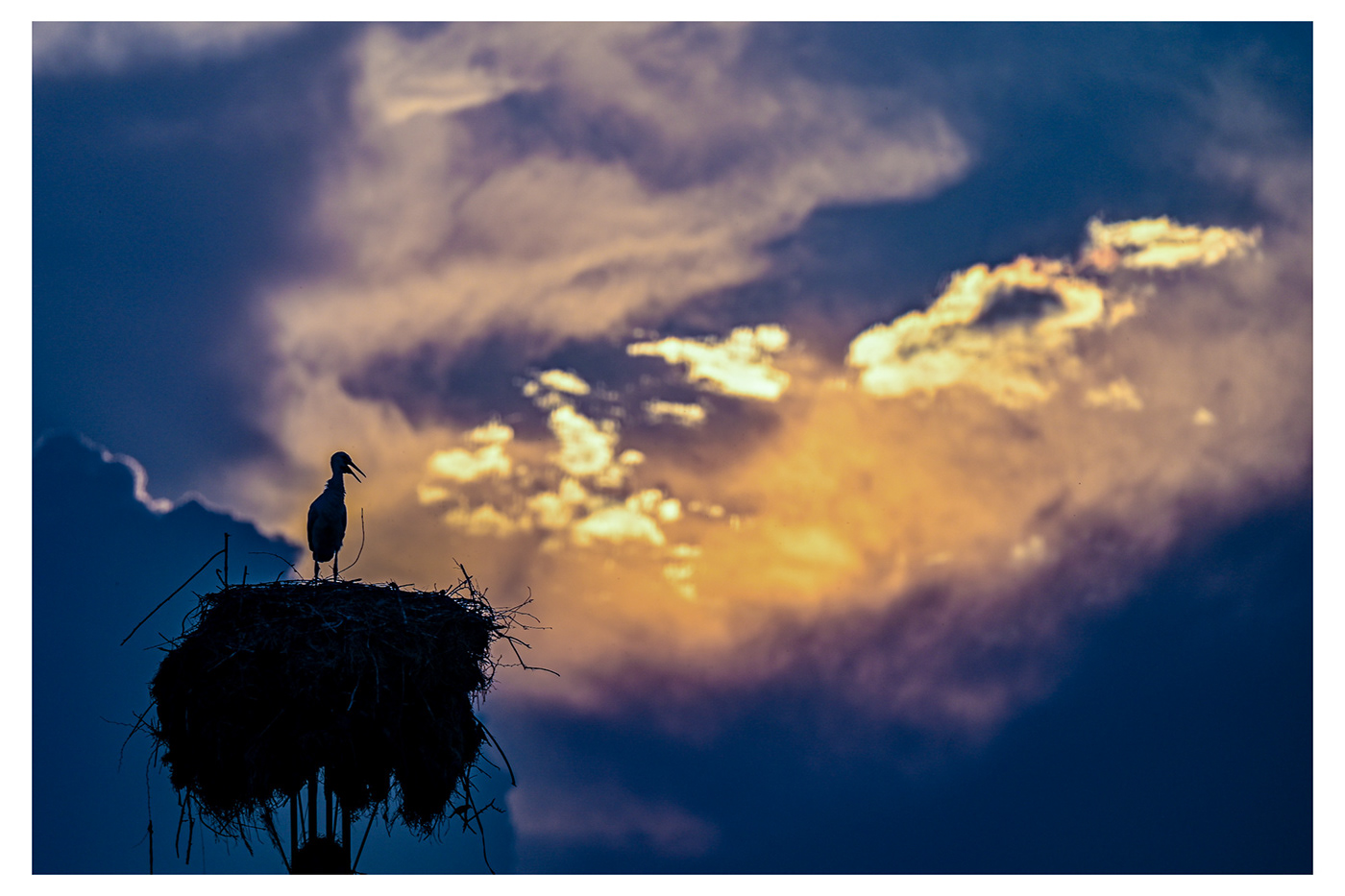Summer road trip
Me and little pal Herbert been on a road trip in the camper van, calling in a few schools giving educational fun session with the children about plastics waste

Herbert or as the children call him Bert he's my travelling companion, and earns his keep with we drop-in summer school

Herbert the meerkale travelled from southern Africa to help out wildlife and nature fun teaching sessions.
Meerkat
Characterise broad head, large eyes, a pointed snout, long legs, a thin tapering tail, and a brindled coat pattern. The head-and-body length is around 24–35 cm















A few realities
Plastics generate about 4% of total greenhouse gas (GHG) emissions. Of these, 90% can be attributed to the production and conversion stage of the plastics lifecycle.
Can we live without plastic?
In fact, plastics impact the life of every person every day and everywhere. Without plastics, food waste would increase. Without plastics, fuel costs would increase due to the heavier vehicles. Without plastics, medical care would be very difficult if not impossible.
What would happen if we replace plastic?
On the land, plastic also contributes to animal deaths and pollution. Without plastic, there would be less pollution and fewer deaths. Forests would be green again, and glaciers and rivers would be safer to consume.
Is plastic really a problem?
Because plastics and their ingredients are pervading our oceans and waterways, invading the bodies of humans and wildlife, and filling landfills (with new and once-recycled plastic) the Ecology Center recommends eliminating plastics from your life, as much as possible.




